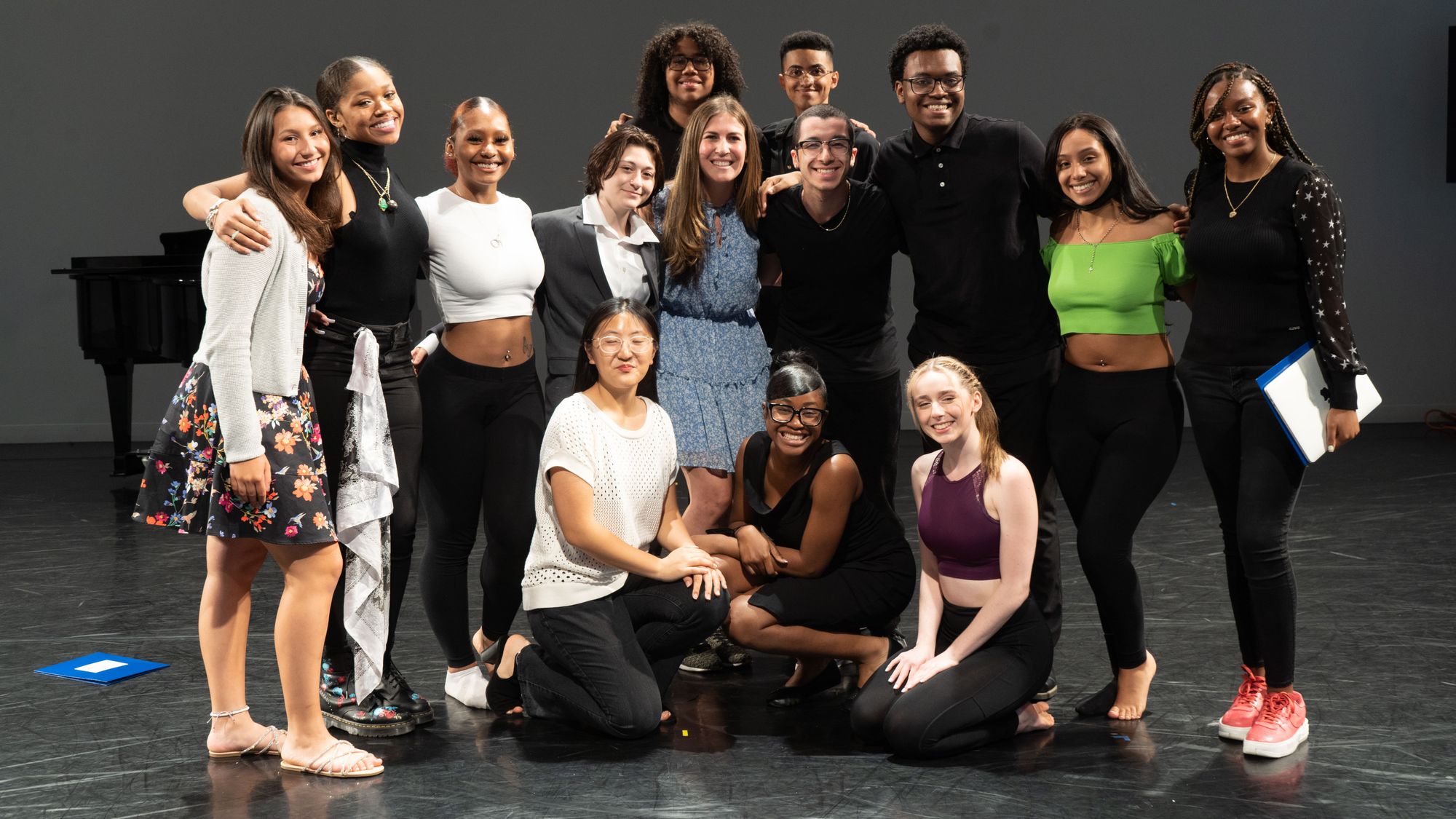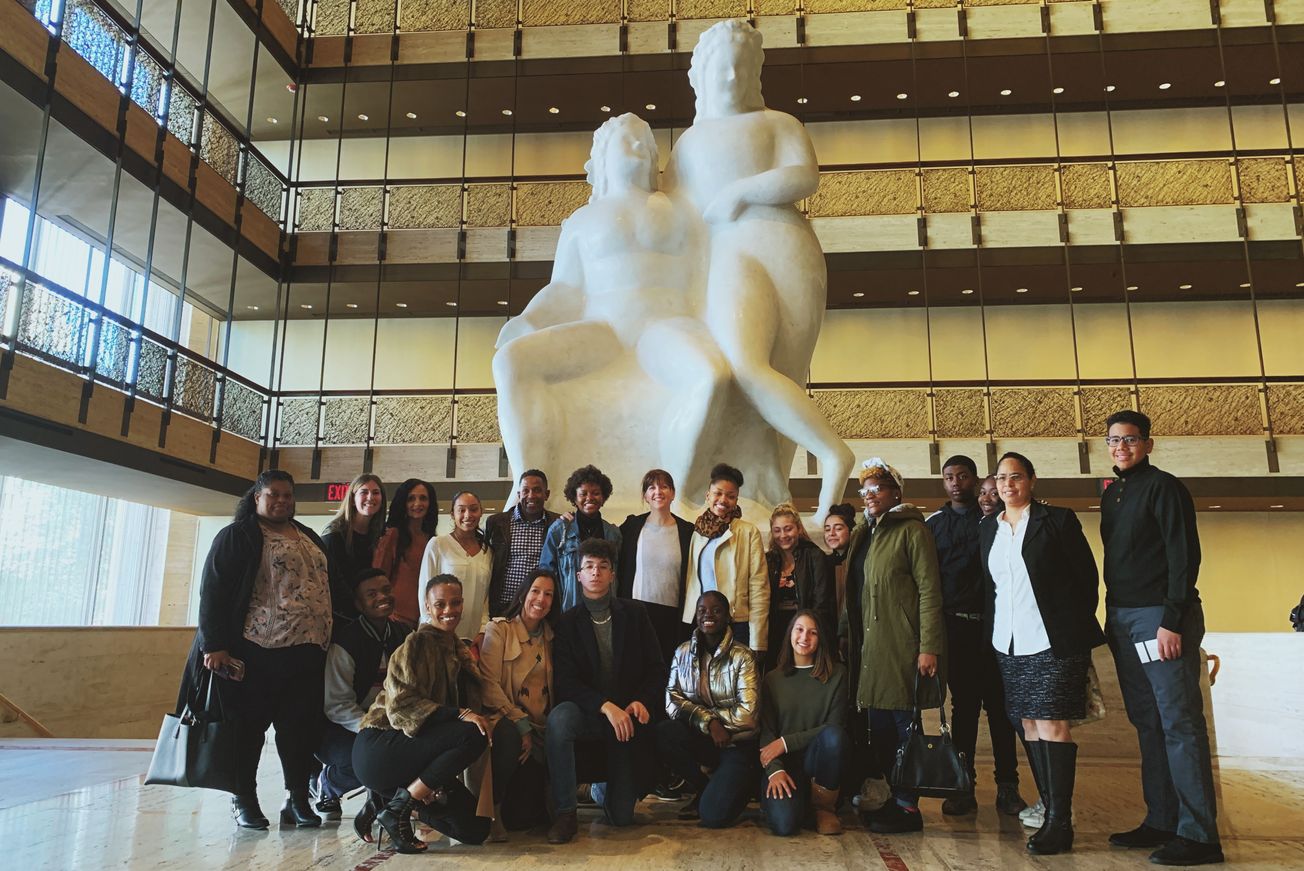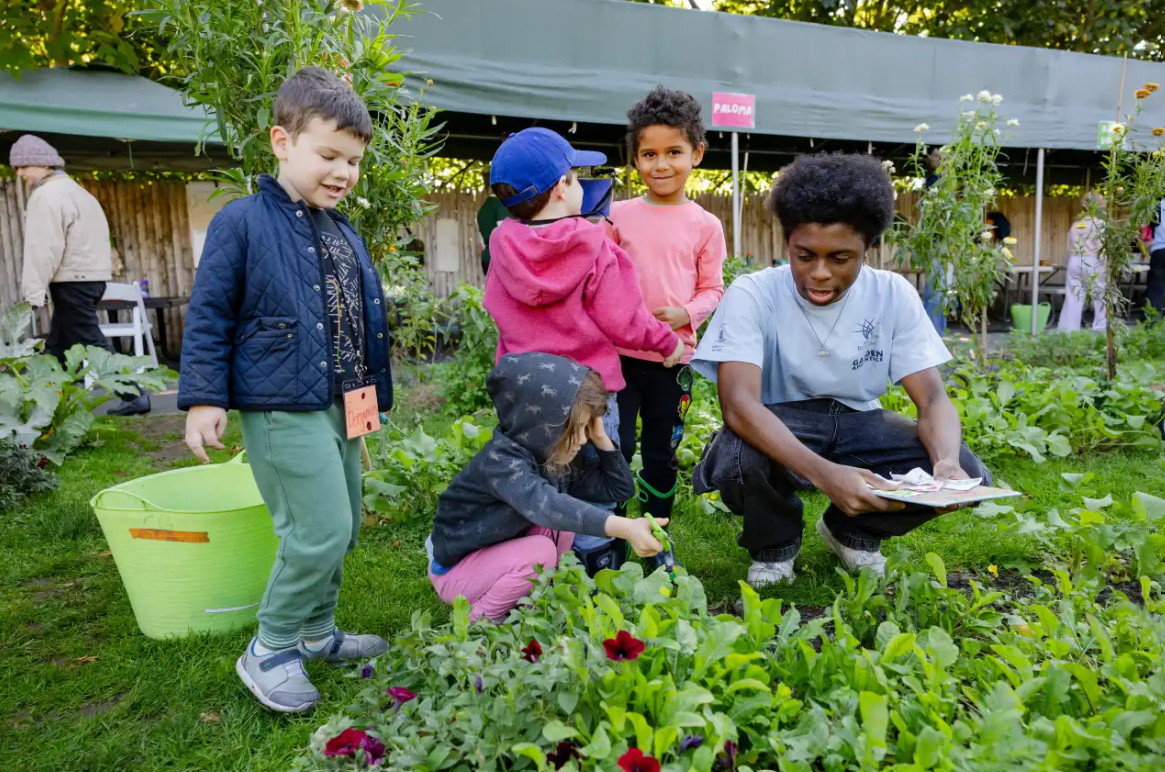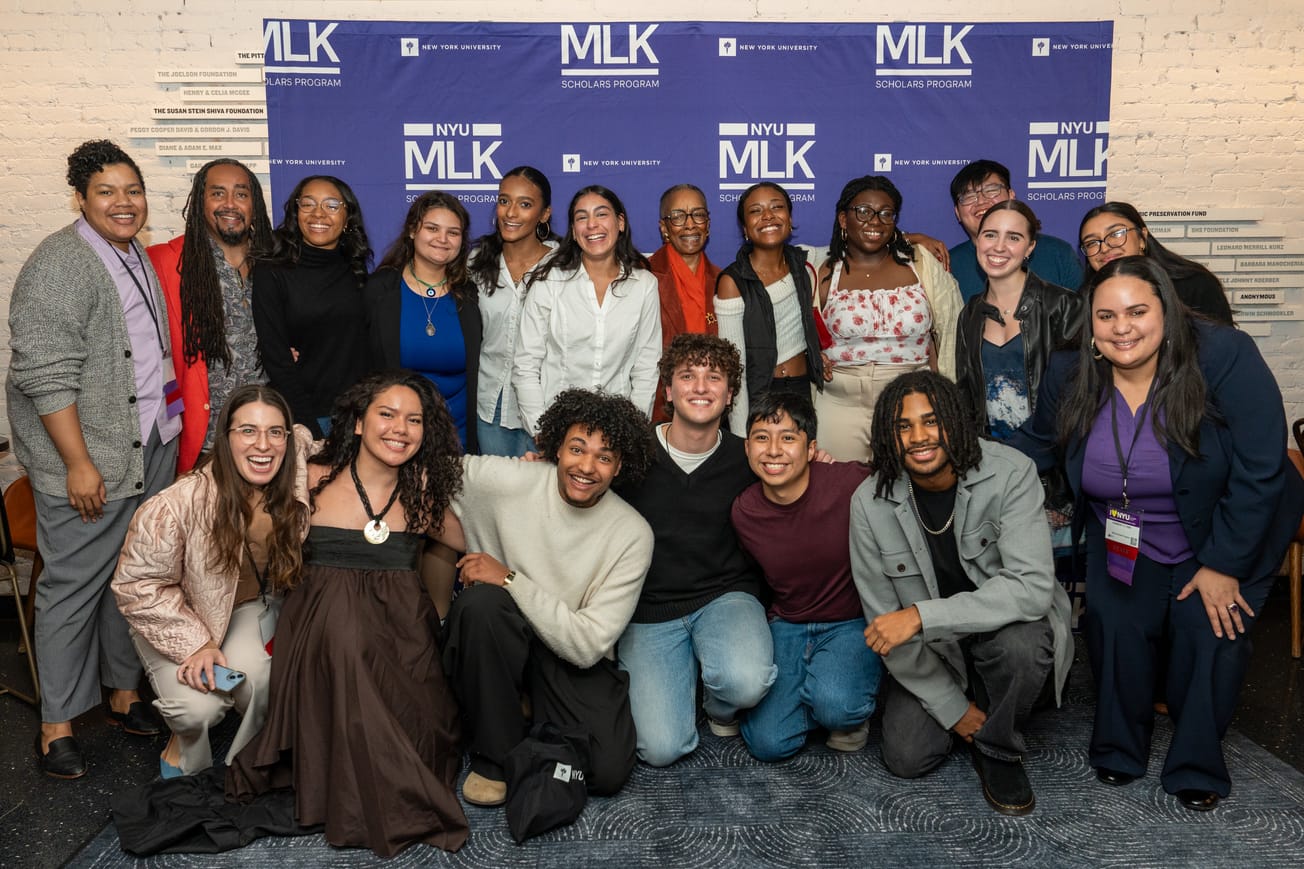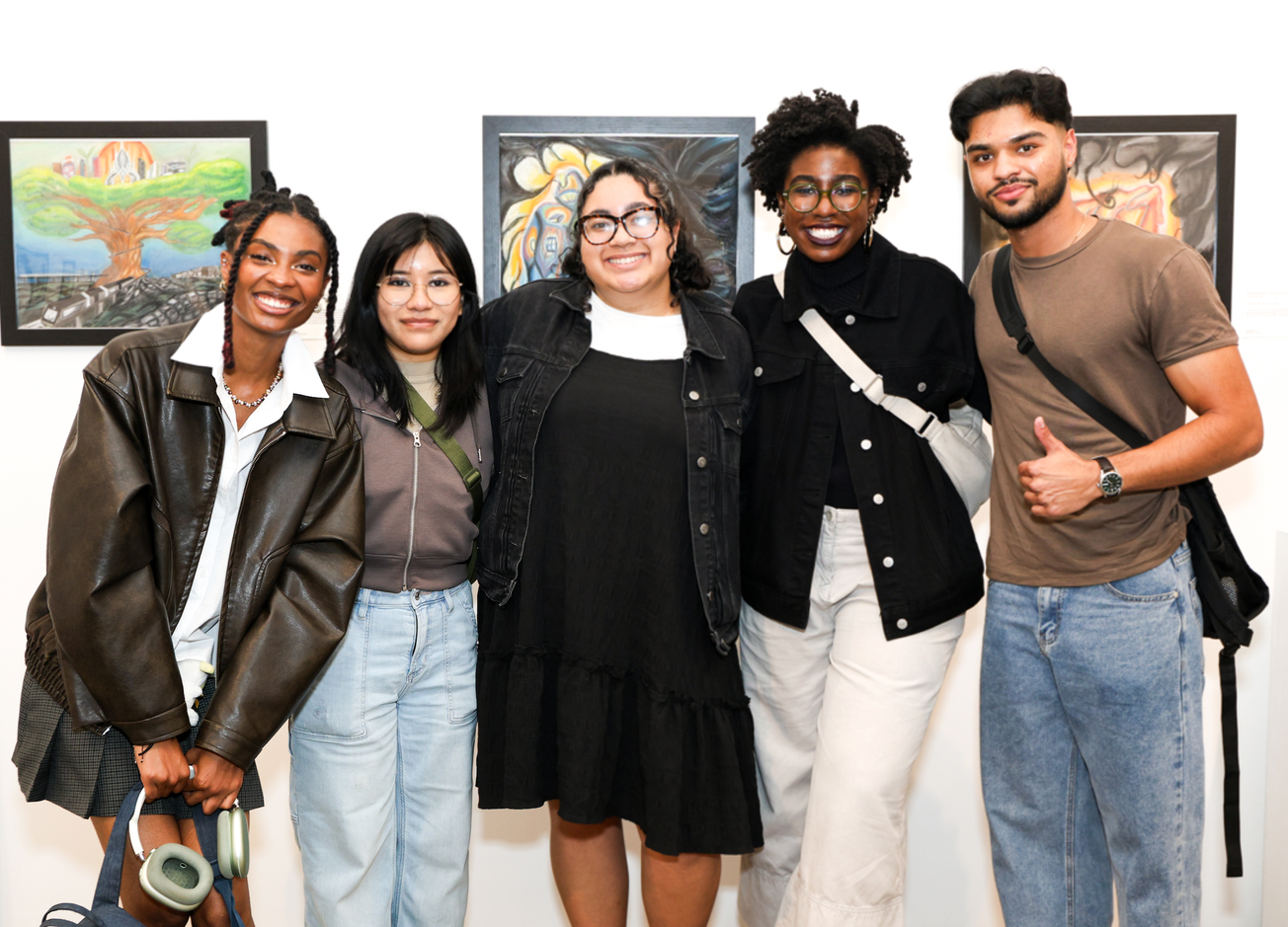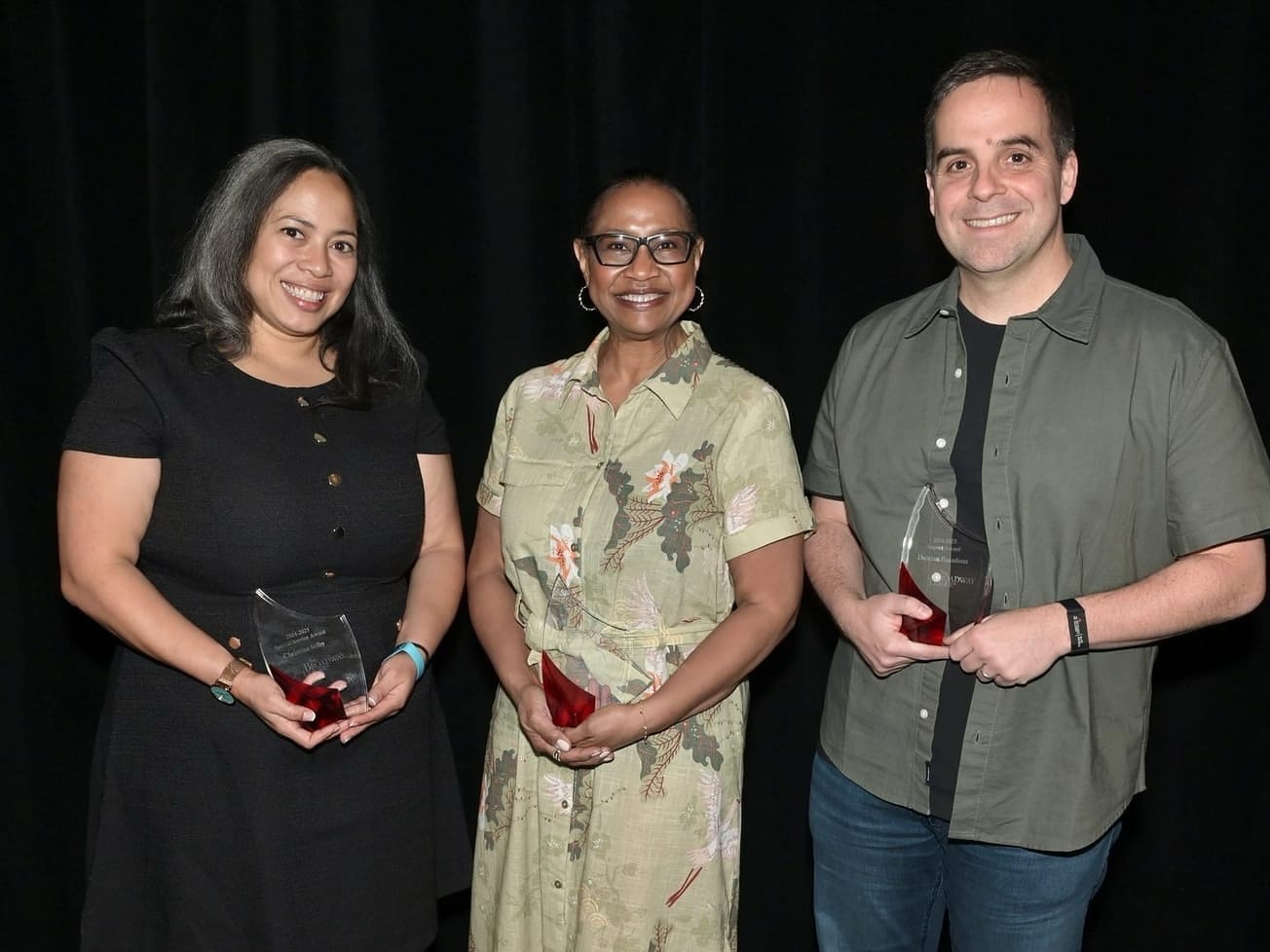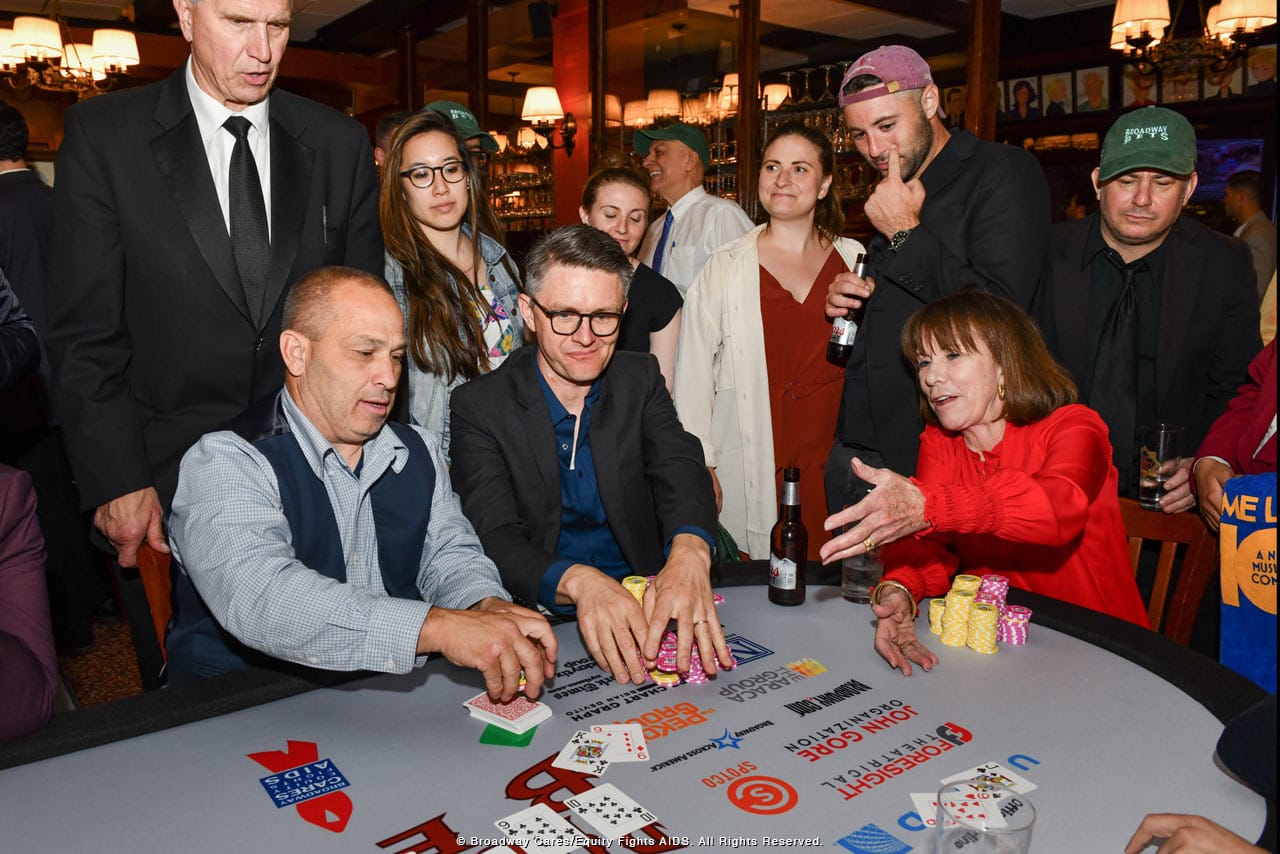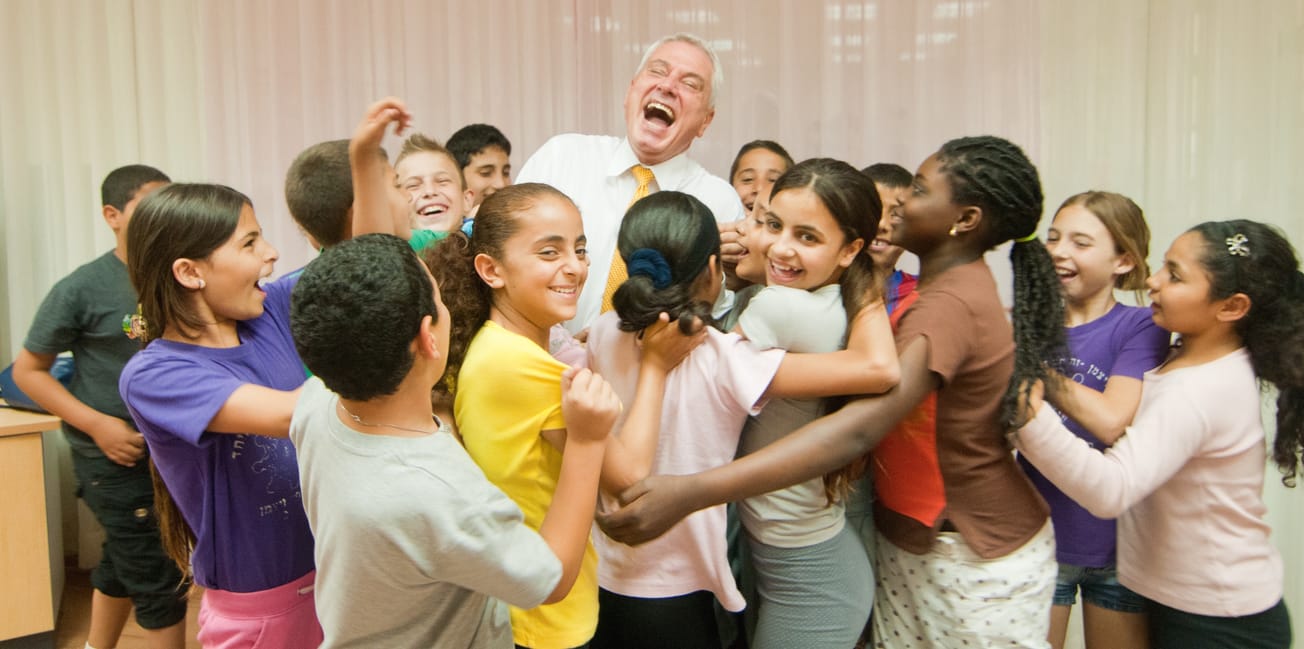Exploring the Arts has programming that expands across the country and serves so many different kinds of students. For those reading who aren’t yet familiar with the organization, can you give an overview of what you offer to young people?
Dori Alper: Founded in 1999 by legendary musical and visual artist Tony Bennett and his wife and former public-school educator, Susan Benedetto, Exploring the Arts (ETA) vision is for all young people to experience the transformative power of the arts. Our mission is to increase equitable access to arts education in historically under-served schools by engaging in partnerships with public middle and high schools to provide school-based programs to help principals and teachers develop sustainable arts programs and better leverage the arts to strengthen student learning and engagement. Also, to offer direct out-of-school student programming to nurture youth development through arts training, college and career preparedness, and social-emotional skill building.
I am the Program Manager of one of the out-of-school programs called Lang Arts Scholars! This program selects students through an audition process in 9th grade, from our partner schools, who are talented and passionate about music, theatre or dance and offers them three years of after-school arts training with our trusted arts partners. In addition to the arts training, students participate in our monthly Saturday curriculum which includes attending music, dance, and theatre performances; museum visits; conversations with influential professionals in the performing arts; writing workshops through an arts lens; and exploration of career options on and off stage. There are two summer programs - one after 10th grade where students participate in a two-week arts intensive at NYU. We are excited to begin that next week.
You work specifically with the Lang Arts Scholars Program, which provides a small group of students with intensive arts education and support throughout the course of their high school years. What’s it like to work with students on a three-year timeline?
Working with students over a long period of time is incredibly rewarding as it allows me to develop a deep connection with them and their families. I believe that these relationships are the secret sauce to my program.
It is amazing to meet our students when they are freshmen in high school and see how much they grow artistically, personally and socially over the years. They begin as hesitant freshmen and evolve into confident young adults. I credit our program for providing access to so many new experiences, pushing them out of their comfort zone and challenging them in and out of their arts training. I don’t think they realize how much this program prepares them for post-secondary life until they are already in it!
I am in awe of the improved communication skills and stronger sense of identity our students have by the time they graduate. It is wonderful to meet with members of our first cohort that just finished their freshman year in college and hear how the skills they learned in the Lang Arts Scholars program truly prepared them for what was to come.
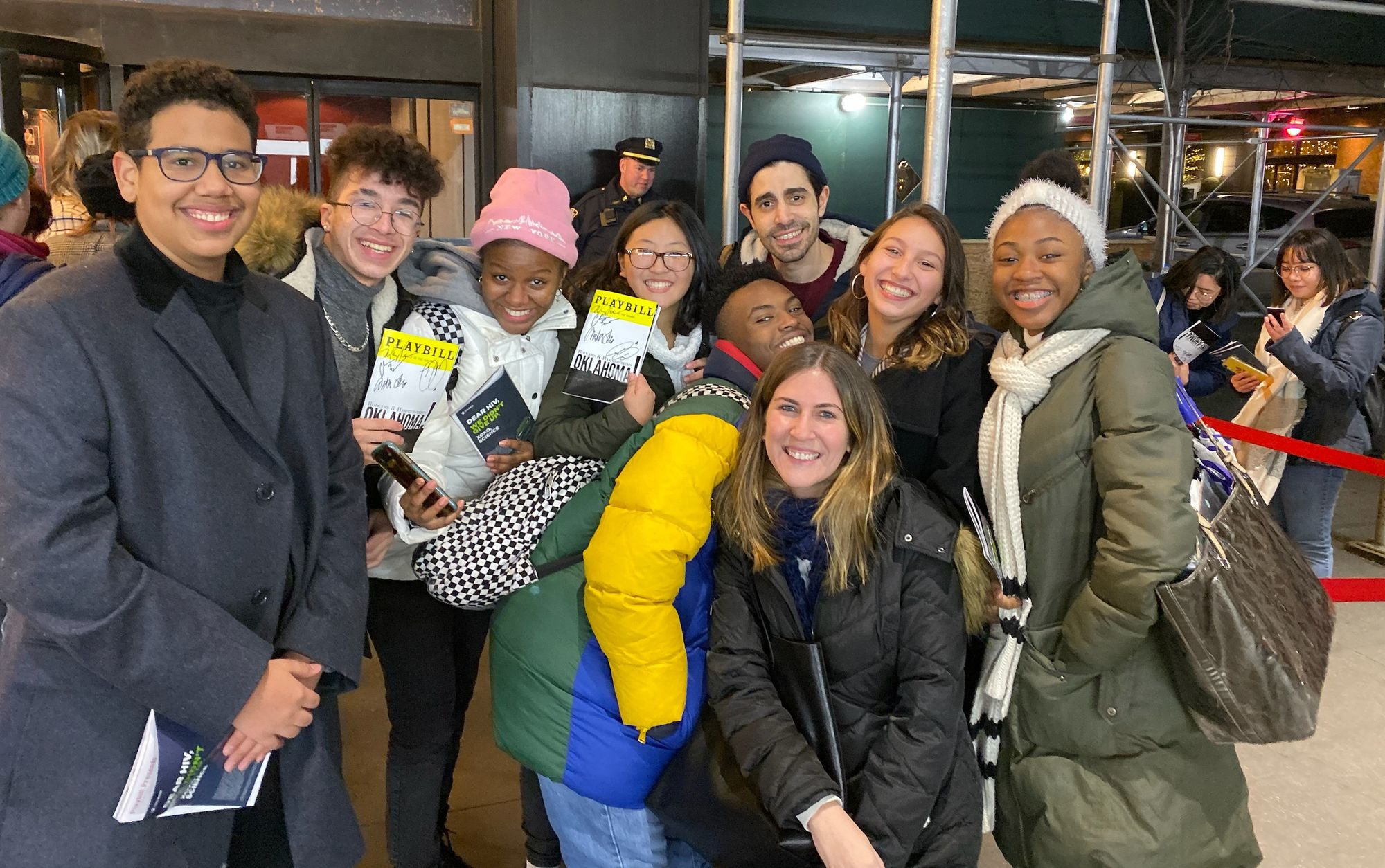
Organizations like Exploring the Arts have historically had to step up to support students who aren’t getting arts access in school due to budget cuts. If you could choose one Exploring the Arts program that every high school student could have access to, which would it be and why?
It would have to be our core 4-Year-Plan program. Through this multi-year commitment, ETA works with teachers and principals to build, refine, and enhance their arts programs. We specifically reach out to Title 1 middle and high schools that could use our help in creating a detailed plan, identifying arts/cultural partners for in-school residencies and field trips, and providing a financial investment to get them the equipment, professional development, technical training, etc. they need.
Each school is different, so they create a plan with our help that is unique to their community and their own goals; but all of the plans lead to measurable improvements in student learning, engagement, and program sustainability. For example, ETA will help schools create an arts infrastructure by investing in sound production and dance studios; support professional development to help arts teachers gain new skills to better engage their students; and identify arts partners, such as Cumbe Dance, Building Beats or Community Word to help schools develop new programming and curricula.
COVID took a massive toll on arts funding in education. How did the pandemic impact Exploring the Arts?
Yes, it did, and we were lucky to be able to continue offering all of our student programs, including the arts training online to keep our students engaged. Thanks to sound fiscal planning and thoughtful adjustments, we supported our students through this really challenging time. I watched our students move furniture around their kitchens on Zoom so they could continue dancing, figure out how to coordinate their vocal lessons around their families online work commitments and do their best to adapt to the circumstances. The social isolation was tough and our students were stressed and worried about their families, but having their arts training consistent and convening virtually as a cohort definitely helped us all.
What have you seen your students learn from the arts, beyond their chosen craft? How do the arts shape their understanding of what’s possible for them?
Arts education goes beyond artistic skills! It is also about the interpersonal skills that will benefit them in college and career, and most importantly in all of their personal and professional relationships. I truly believe that even if our students do not choose to major in their art form or pursue a career in the arts, they have developed foundational skills that will help them in any college or career pathway they choose.
The arts help us all become better listeners, communicators, and critical thinkers. Our founder, Tony Bennett says, “The arts make us better human beings” and this is a mantra we live by.
The arts help us become better problem solvers, cultivate empathy and emotional maturity. Artistic experiences expose students to different viewpoints, emotions and more that transfers to the ability to connect with others and relate to people. Recently, we participated in the Arts in Education Roundtable rally: It Starts with the Arts and one of our LAS graduates had an opportunity to speak - which helped him work towards his goal of working in advocacy after college.
What’s the most rewarding part of Exploring the Arts for you? What’s a happy memory or story that sums up the work for you?
As a social worker who cares deeply about equity in education and is THE MOST enthusiastic about the arts, I cannot believe that this is the work I get to do. It is not easy, but I feel lucky that I have a job that I am so passionate about.
For me, the most rewarding part of this work is creating a sense of community amongst each cohort, that includes students, families, our arts partners, and ETA staff. Through family events, Scholar Saturday activities, students arts-training, summer programs and more, I do my best to make sure everyone feels supported and has a strong sense of belonging.
I have so many happy memories and stories that sum up the work but if I had to choose, I would say our graduation celebrations are super special. To prepare for the graduation, we bring in teaching artists to guide our students as they make a piece together to celebrate their time in Lang. I love watching the students collaborate and connect their disciplines to make art together with very few guidelines. At the celebration, they perform their piece for our community and it is such a proud moment for me to see them share their original work. Also, graduation is a time to bring everyone together again and celebrate the students' accomplishments and their next chapter. To have these events in person after Covid kept us behind our screens for so long made it even more special. It is such a joy for me to have actual face time with each student and the caring adults they bring with them. We just graduated our second cohort of students this year and we had four alumni of the program come back to assist with the event and that was awesome.
Are there any new plans on Exploring the Arts' horizon?
Exploring the Arts will celebrate its 25th anniversary in 2024 and while the details of this quarter-century celebration are still under wraps, we will be commemorating this milestone on both coasts, involving students from our 56 partner schools!
And lastly, I know you’re a theatre lover, so I have to ask: what’s your favorite play or performance you remember seeing as a young person, and how did it impact you?
I love this question!! My experiences as a young person and going to the theatre are what drive me to find EVERY opportunity to bring the students I work with to live performances. I send cold emails to so many music, theatre, and dance groups, use ETA’s incredible partner network, and ask every person I meet that has any connection to the arts for tickets for our program, which is how I met you all at Situation Project!
For teenage Dori, it was Wicked The Musical. There was something about the story of belonging and friendship that really impacted me!! I conned everyone in my life to take me to see it time and time again - it is truly embarrassing how many times I saw it between 2004 and 2007. The last time I went was in 2015 and I have been wanting to go since theatres reopened after the shutdown. My husband surprised me with tickets for the 20th anniversary of Wicked in October so I can’t wait to go back and see at it this stage of my life and career.
The students in my program are there because of their talent and passion for the arts and my hope is that by exposing them to as many performance experiences as possible, they will discover something that impacts them the way my early theatre experiences impacted me! Now, when I see a show I think about the students I work with the entire time and if it is something that I think they would appreciate or learn from, I do everything I can to find ways to bring them.
